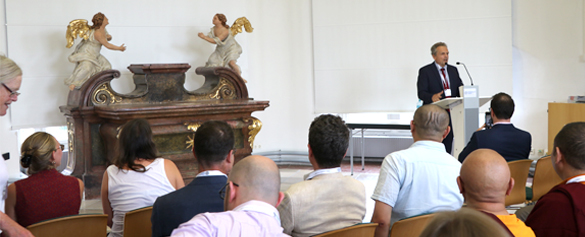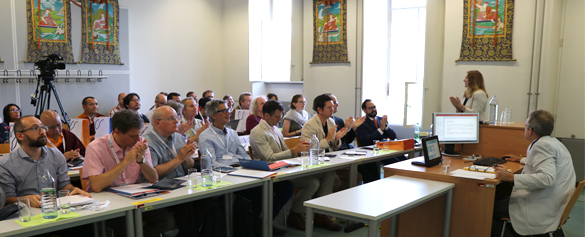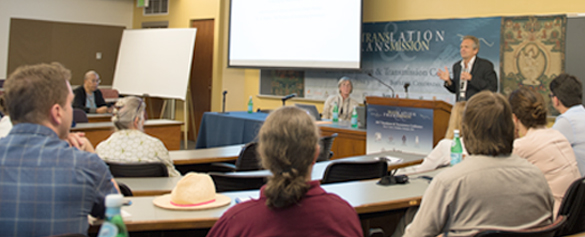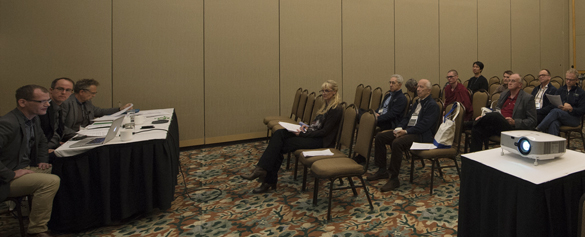Welcome Speech of the 2019 Tathāgatagarbha Symposium
Gwen Witt Dorring2022-11-16T23:39:20-07:00Prof. Dr. Klaus-Dieter Mathes, the Head of the Department of South Asian, Tibetan and Buddhist Studies at the University of Vienna, introduces the Tathāgatagarbha Across Asia Symposium by reviewing his initial encounters with and research on the five treatises of Maitreya and his longstanding interest, in particular, the Ratnagotravibhāga, also known as the Uttaratantra Śāstra. He notes that “Buddha-Nature is an ideal touchstone for systematically comparing the philosophical positions and hermeneutical systems of various masters of central and east Asia.” The topic thus becomes a particularly interesting lens with which to look at Buddhist thinkers and schools throughout history. Thanks […]




